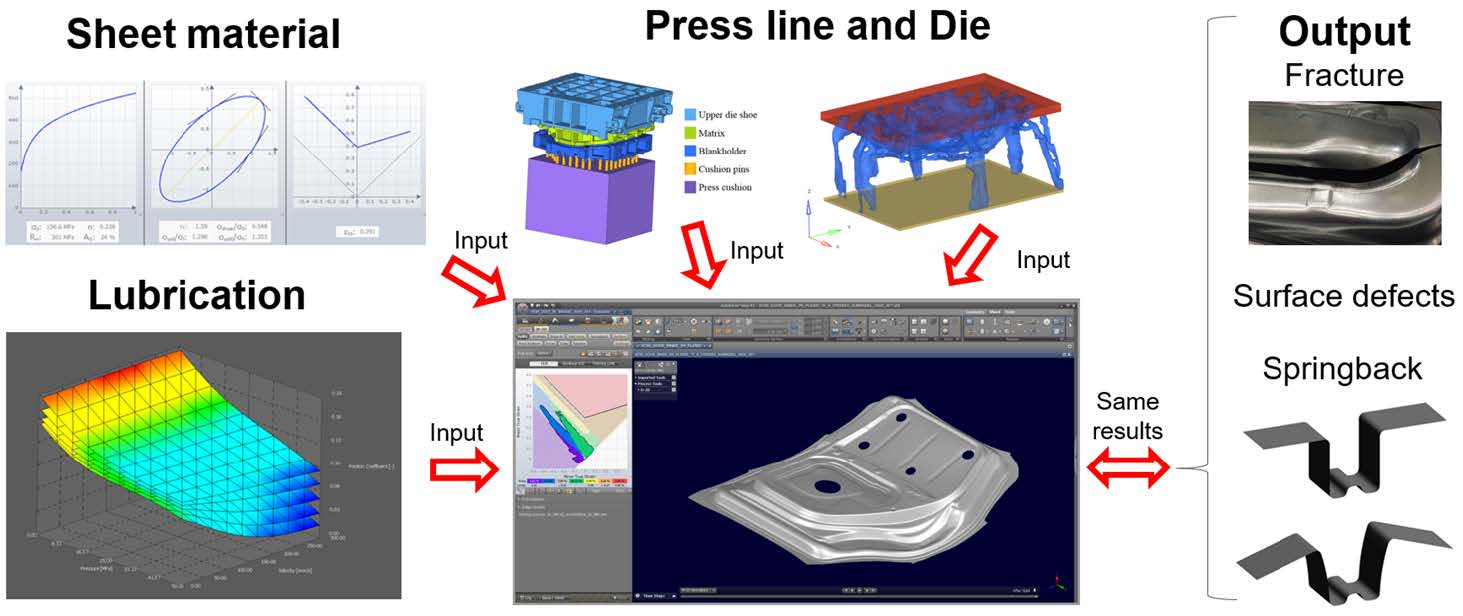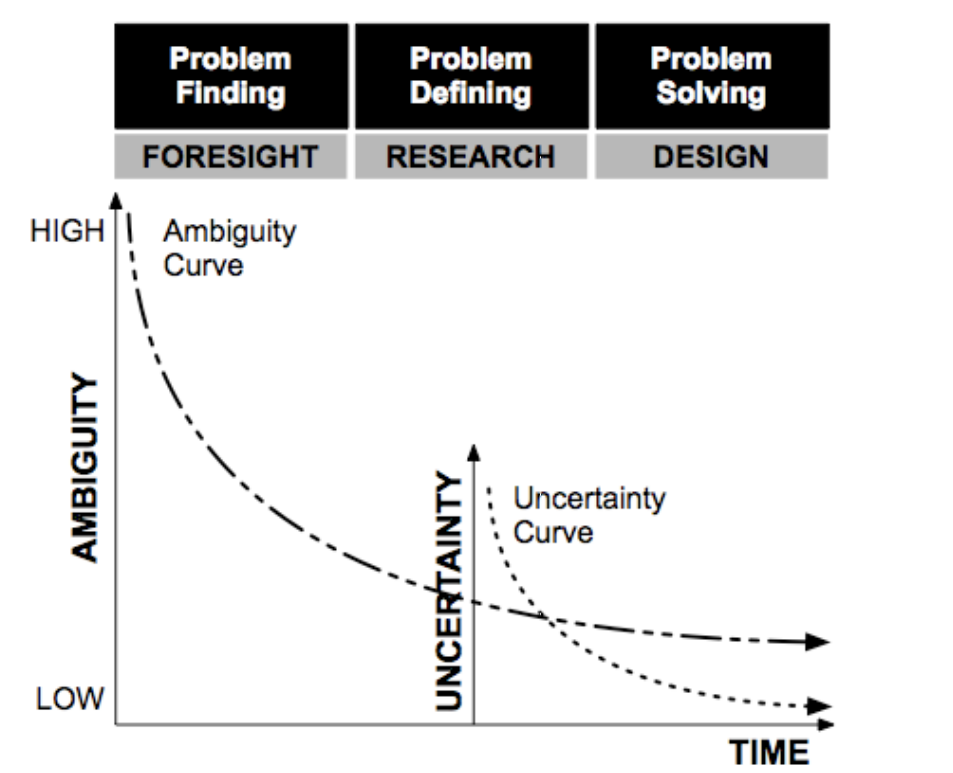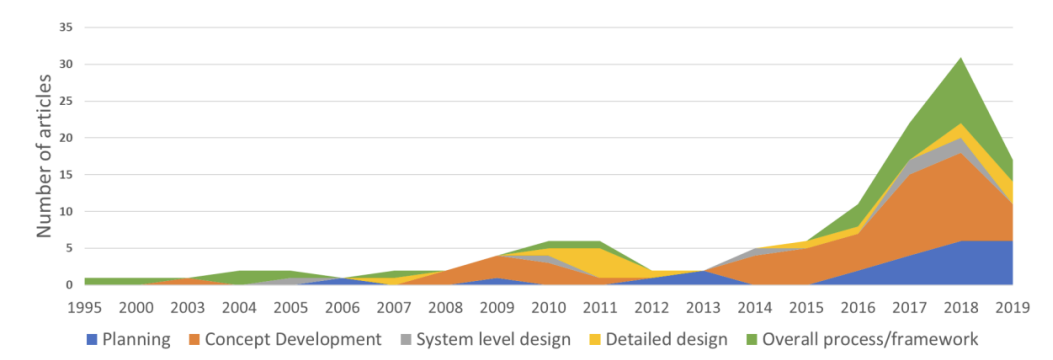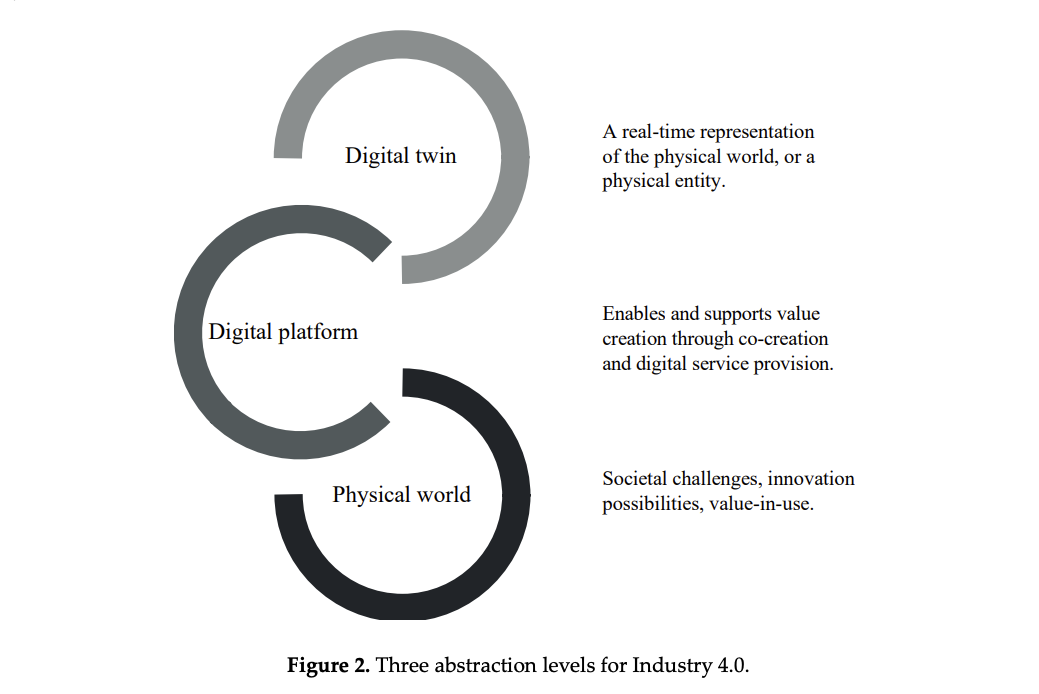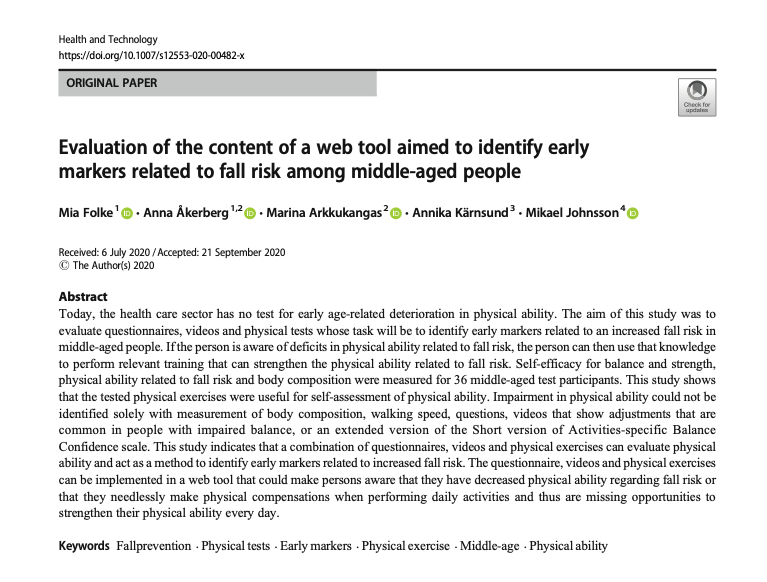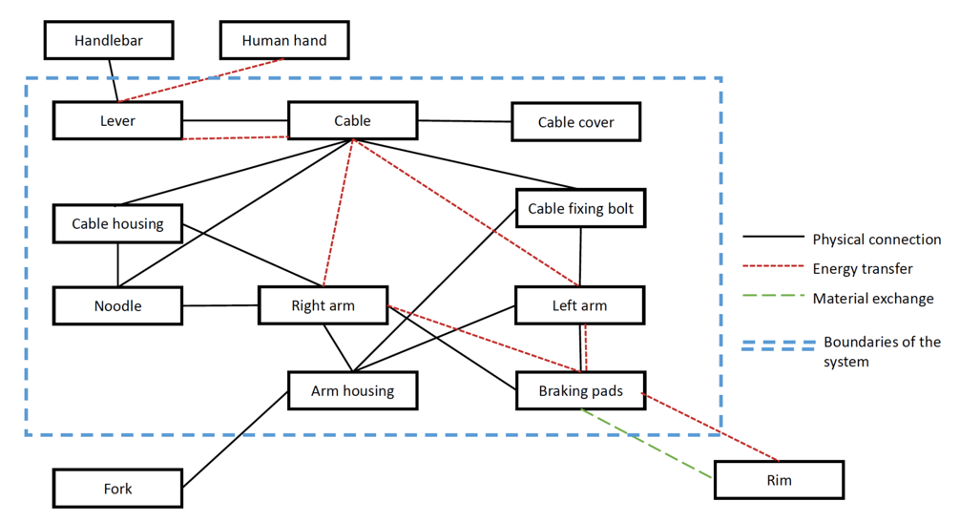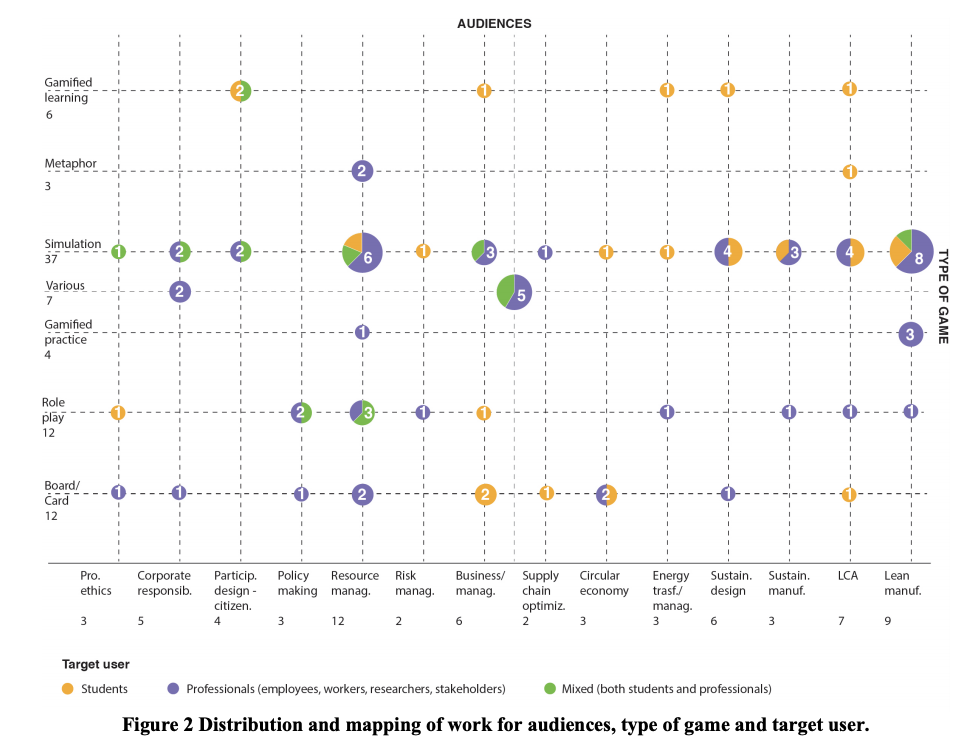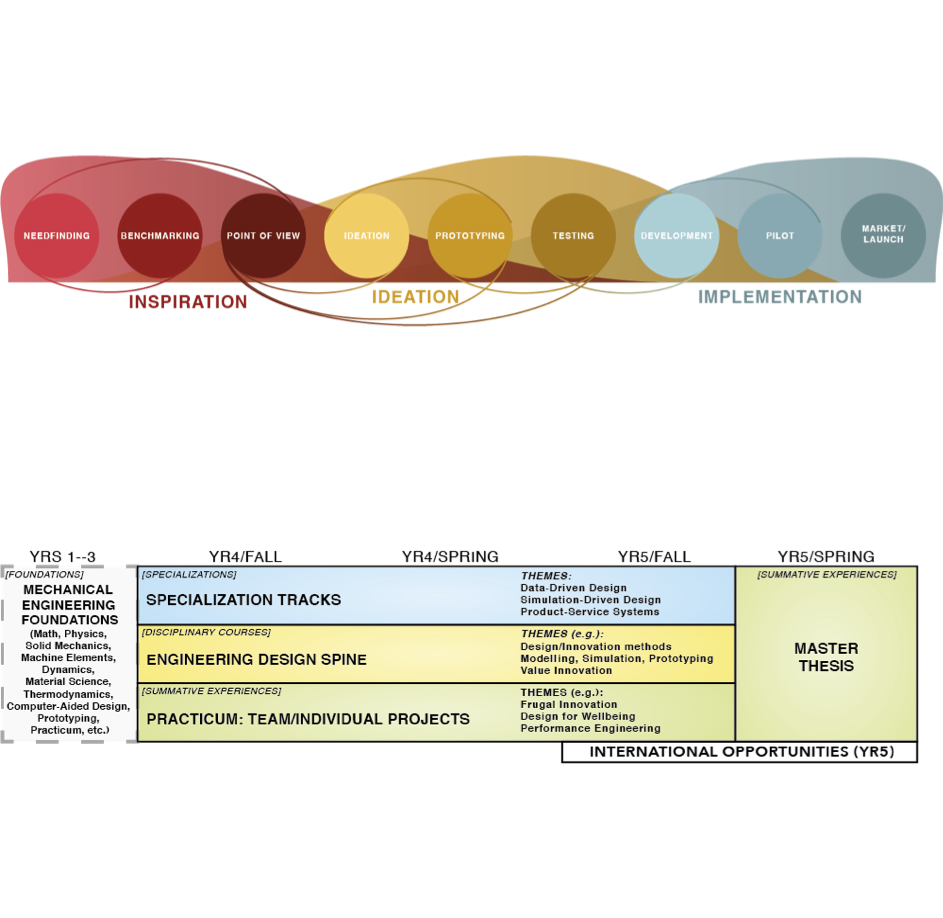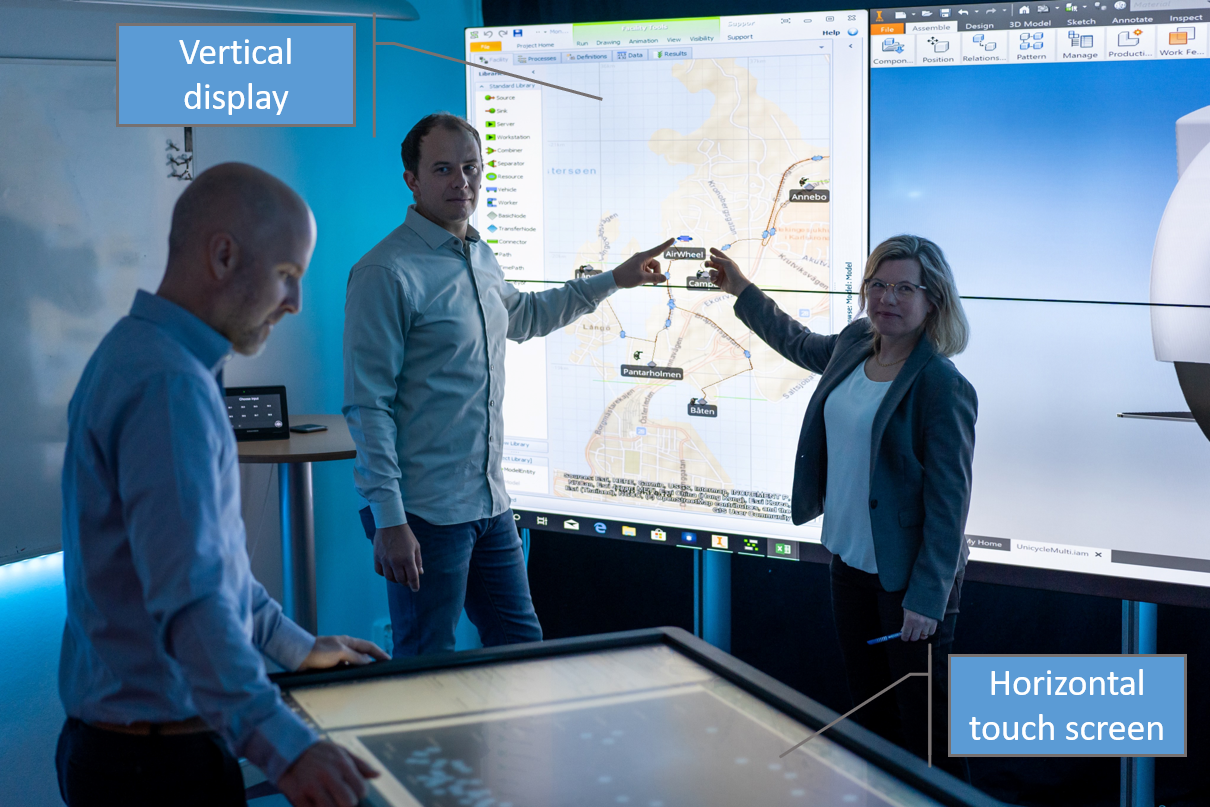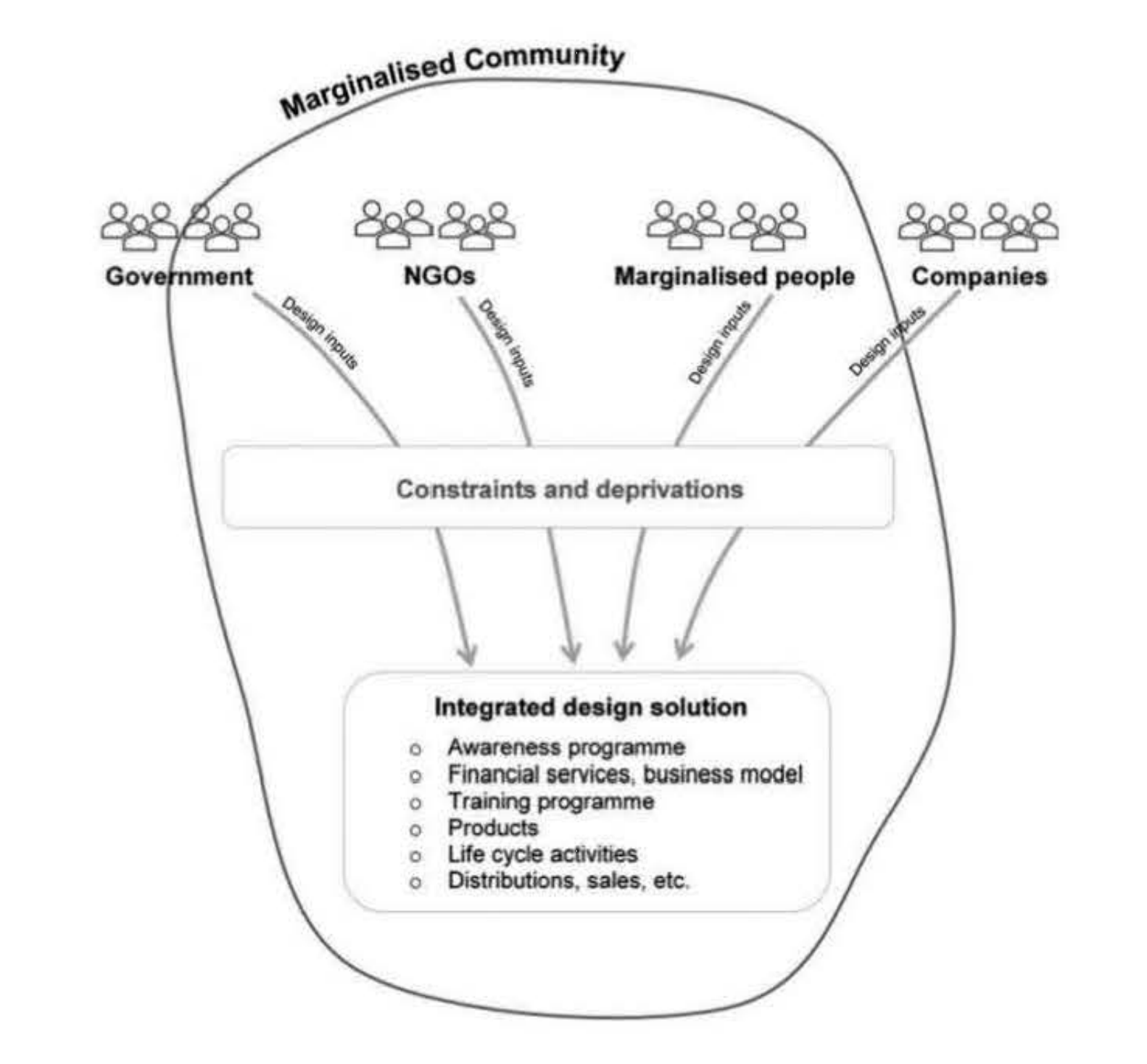Abstract Ability to predict and control involved parameters and hence the outcome of sheet metal forming processes demand holistic knowledge of the product/-process parameter influences and their contribution in shaping the output product quality. Recent improvements in the ability to harvest inline production data and the capability to understand complex process behaviour through computer simulations […]
Read More